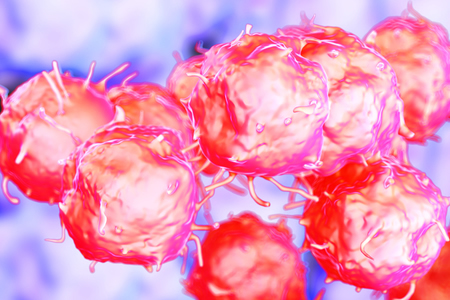The damaging effect of alcohol on brain stem cells has been investigated by researchers at the University of Texas in Galveston. The study shows alcohol kills brain stem cells and females are more at risk than males.
In the United States alone, there are an estimated 88,000 alcohol related deaths each year. A 2015 study suggests that there are as many as 15.1 million adults in the United States that have alcohol use disorder. Alcohol is the third largest cause of preventable death in the United States.
Alcohol is known to cause liver cirrhosis and there has been considerable research conducted on the damaging effects of alcohol on the brain. It has long been known that people who drink large quantities of alcohol can suffer permanent brain damage. Neurodegeneration common in individuals with a long history of alcohol abuse.
Neural stem cells are undifferentiated cells in the brain that can specialize as required and repair damage to the brain. When neural stem cells are killed, that natural restorative process can no longer continue. Any damage to the brain then becomes permanent.
While it is known that alcohol can affect neural stem cells, little is known about the effect of alcohol on brain stem cells at different stages of differentiation, in different regions of the brain, and how the effect of alcohol on brain stem cells differs between men and women.
Dr. Ping Wu, who lead the study, conducted a series of experiments on mice to examine the effect of alcohol on brain stem cells and how alcohol affects differentiation of neural stem cells and cell survival rates.
The team used a technique called genetic inducible fate mapping to study what happened to neural stem cells over time in mice that had been exposed to long term alcohol consumption.
The researchers determined that out of the three areas of the brain believed to contain neural stem cells – the subgranular zone, the tanycyte layer, and the subventricular zone, it was the latter that was most affected by exposure to alcohol. The researchers showed that over time, the chronic use of alcohol decreases the pool of neural stem cells in all areas of the brain, and will ultimately kill all neural stem cells.
There was also a marked difference in the effect of alcohol on brain stem cells in males and females, with females most susceptible to stem cell death.
The team will now be attempting to identify the mechanisms involved in alcohol-related stem cell death, and hope that their research can help lead to more effective strategies for dealing with alcohol abuse.
The study – Spatial and Sex-Dependent Responses of Adult Endogenous Neural Stem Cells to Alcohol Consumption – was recently published in the journal Stem Cell Reports.
